Moment of Mind Spring 2024
The invitation for this litter is to check the engine light and notice what's good.
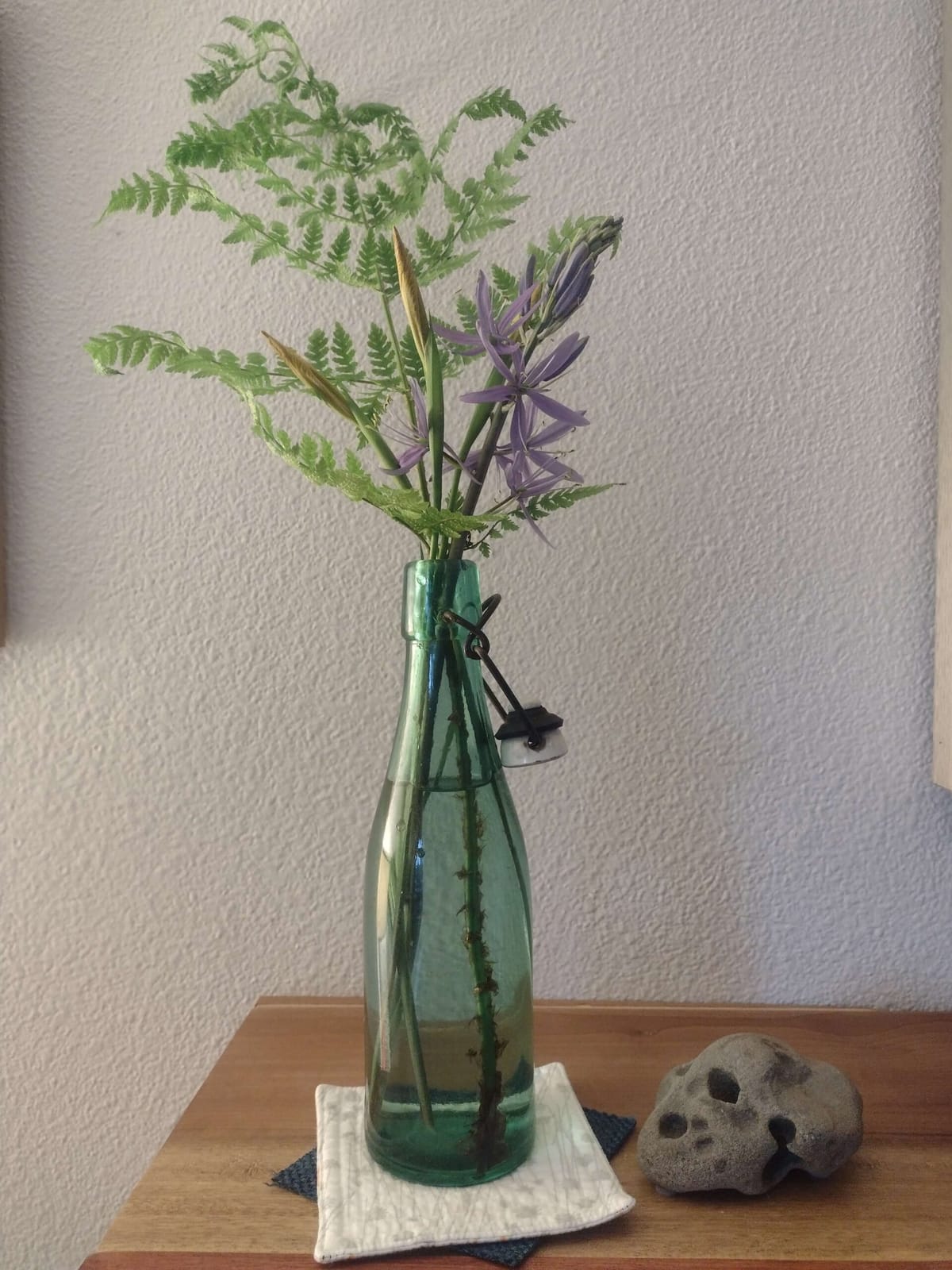
Moment of Mind
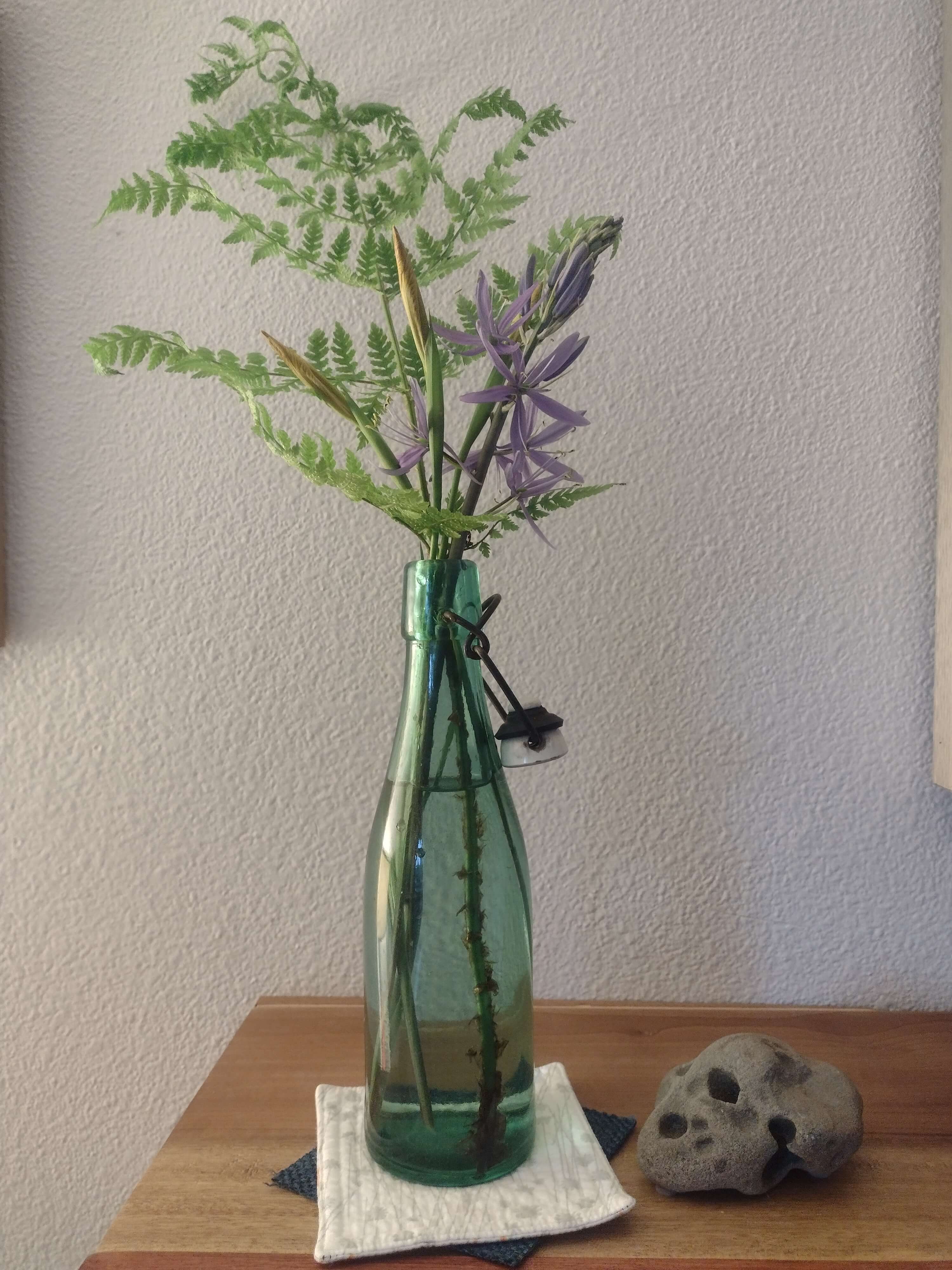
Welcome to the northern hemisphere's spring!
Do you have a ritual that marks the shift of the season? Whether it's waking up earlier and watching the light change outside my window or peering at the ground to see which plants are popping up, it's hard for me to miss seasonal changes. It's a subtle thing. I find this connection to a shift in season, to the changes of the more than human world and its residents, and to the movement of weather cycles supportive. It's a form of being cared for, and giving care to the environment. Care through an appreciative gaze, through tending plants, through the power of attention.
What do you notice is part of giving and receiving care at the smallest level? I don't mean the big things like asking or doing favors. Not the going out of your way demonstrations with parties, events, or grand gestures. I mean the subtle things, the small actions, the little statements.
I noticed recently, after double booking myself again and standing someone up (something I often argue is the lapse in care and attention) that the person wrote a simple email that ended with the statement "I hope you're okay." This is a common note that I send students when they are missing work repeatedly, or don't show up to a meeting they book with me, or somehow break a commitment they'd made. I've not thought about it much.
As a person with an orientation toward the pragmatic, asking a student if they were okay, or to let me know if they needed support, is a basic foundation to ensuring they are engaged. I consider it part of my role in facilitating learning as an instructor. I hadn't thought about it from a small culture of care lens. Until I received that email and something about it struck a chord. In that moment, it felt like an invitation to share more about why I'd missed the meeting. Why I had double booked myself. What was going on in my world that was leaving me distracted and less attentive than usual? Basically, where was the mind generating stories of future or past negative illusions and then riffing on those? Getting carried out of the present and then lost in suffering about mirages that are believed to be true?
In that small statement I felt cared for. So I sent a brief reply and we exchanged a short volley of emails. I've only met them once prior to the email swap, yet in our brief sharing of small moments of vulnerability there was the sensation of connection. Of being seen around one of life's harder scenarios. Of the reminder of togetherness. Of the fact that belonging is something that is extended from within. Not something that's outside of us.
The invitation in this month's newsletter is to notice what a climate of care means to you and then see where you're already offering it and where making requests can be part of creating it for yourself. Maybe it's asking a connection question at the start of a work meeting. Or making a request to share how something didn't go well in time with a friend. Or sharing some small appreciation with someone. What is it that demonstrates this micro-climate of care to you?
The Othering and Belonging Institute has a Cultures of Care project that's focused on belonging, as an antidote to othering. Othering is when the mind creates a narrative about someone else, or an entire population of people, and diminishes them in some way. From where I'm sitting it feels like it's the mind's attempt to stabilize an identity of "better than" by putting someone else down a notch as a "less than" or "other." It's root is fear and insecurity. Brené Brown has an article where she mentions some of the sociology on this phenomenon and how it's linked to dehumanization. It's an important read.
What is it that's part of a culture of care for you? I'd love to hear what you notice.
Much love,
Tia
Love for Your Inner Science Activist Nerd
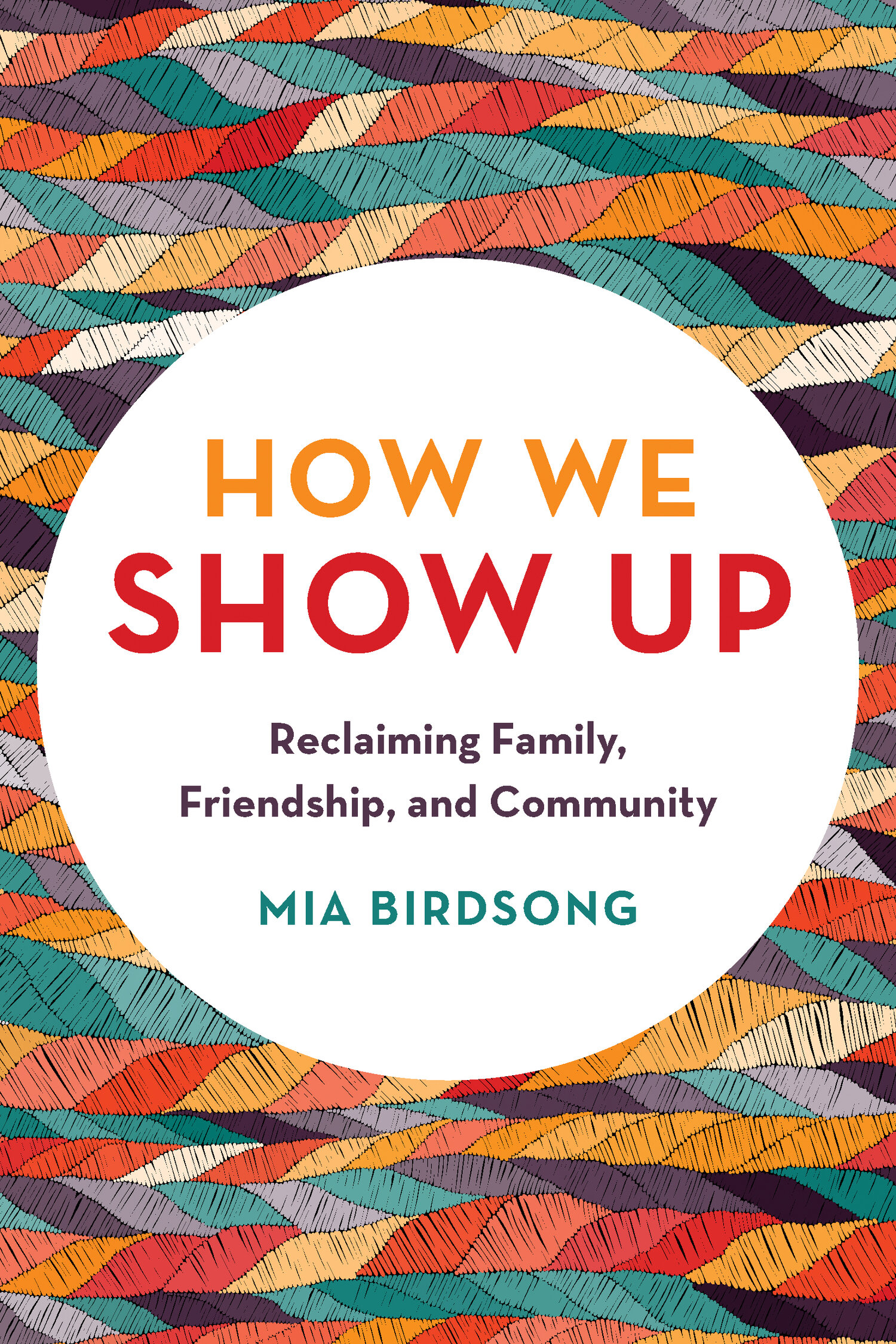
At the end of Kat Vellos' Platonic Action Lab this winter I connected with a few fellow participants to be in a book group so we could all read Mia Birdsong's book about how we show up... together.
If I could only describe it with one word it would be: vulnerable.
The title of the book is accurate. Mia Birdsong describes how she has shown up for others, and how others have shown up for her across ages, races, cultures, and locations. And also what it looks like when folks *don't* show up and why that may be. It includes many real situations that involve vulnerability. I felt vulnerable reading it. I feel vulnerable talking about it. And also a healthy mix of grief, loss, care, and love.
I recognize how much vulnerability is a core ingredient to close friendships. It's also a key factor in building the type of communities that part of me claims it wants. And other parts of me feel intense fear around - fear of loss, fear of rejection, fear of lack. I've only experienced the types of close communities that this part wants, beyond 1:1 friendships, in online intimate space that were intentionally facilitated. Communities that I've paid money to be a part of, like Platonic Action Lab, like Clare Dimond's coaching membership, and like When Women Speak. In the last few years I've begun to invest more in communities of interest, like the open water swim community, to see how much of this supportive interdependence that I long for can emerge there. I'm learning a lot.
In the Platonic Action Lab every two weeks I ran a "friendship experiment" that zoomed in on two different goals. Goal 1 was deepening connection to people who I already know (I don't feel like I do this consistently) and goal 2 was making new friends that are within a few blocks of my house so that I have walk and garden buddies. The experiments were essentially exercices of moving out of the fantasy space where the mind weaves "wouldn't it be great if..." scenarios, moving into the fear of being rejected, into the reality of simply doing something with someone else. Example experiments: I wrote a note and gave it to a neighbor offering to do a chore swap. I threw a small theme party for a handful of people I already know. I invited a neighbor I met through a facebook group to see a light show with me. I invited another neighbor to a wood working class. In each one I felt the variations of emotions. For example, the intense constriction of a believed narrative of "not good enough" when someone declines or doesn't respond to an invitation. The reality of being in an experience with a new person and realizing reality is never like the fantasy - and it's probably better that it isn't. Seeing how much fear I have of political differences - and how that reinforces separation and creates a barrier to creating commonalities. And seeing how much the mind will generate separation over and over again to hold some variation of a storyline of a little me that's separate from life force (instead of made of it), or a me that's the know-it-all (and therefore separate from everyone else), that's separate from presence (instead of that being the core Self), and that has to work to control situations (which is another illusion). Basically friendship is another growth area teaching me where the mind has absorbed negative beliefs that are in need of healing.
During the Platonic Action Lab I could hear that some part of me was judging that I've paid for community. Some peers in the group pushed back on the judgment, why wouldn't you pay for something that's intentionally designed? Why wouldn't you want to pay an expert to learn skills where you feel you still have a lot to learn? They are right, and I recommend both experiences - reading this book with someone else so you can talk through what comes up for you, and considering the Platonic Action Lab if you're wanting to build more adult-friendship skills.
Get Your Park Groove On
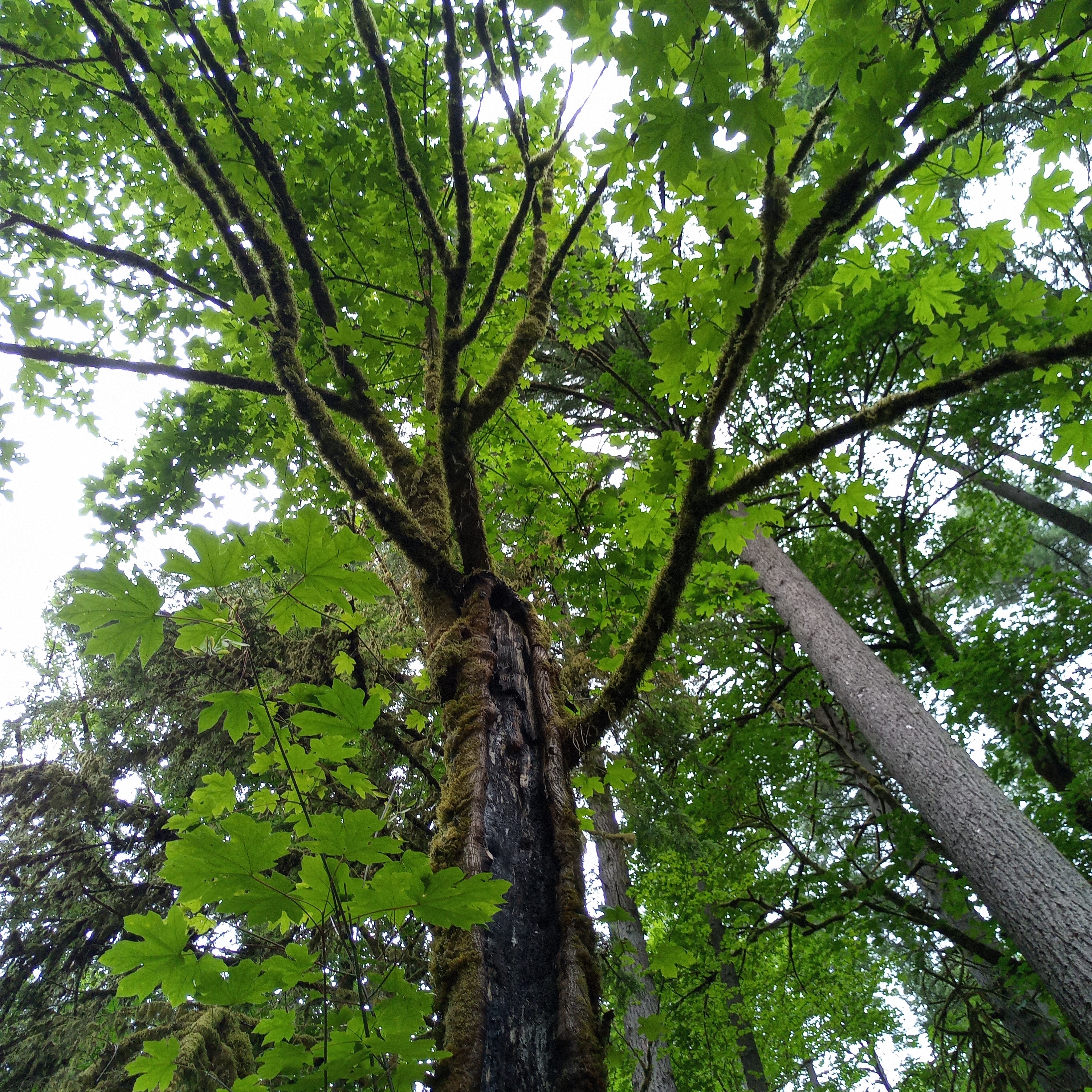
This week a friend and I scouted a section of Wildwood trail in Forest Park for a future forest bathing walk experience that was part of a recent fundraiser for a school. I tend to avoid many parts of Forest Park in most walks I do for the public because so much of it is steep and often difficult to access by car. The visit reinforced my thinking on that - and also reminded me that there are groups who would want the steepness and be willing to carpool in order to manage the lack of parking and bus access. This week a friend and I scouted a section of Wildwood trail in Forest Park for a future forest bathing walk experience that was part of a recent fundraiser for a school. I tend to avoid many parts of Forest Park in most walks I do for the public because so much of it is steep and often difficult to access by car. The visit reinforced my thinking on that - and also reminded me that there are groups who would want the steepness and be willing to carpool in order to manage the lack of parking and bus access.
So this is a note that if you have a group who wants to organize walks that include elevation changes, minimal parking, and no bathroom access - many parts of the Wildwood trail will meet your criteria and are a glorious adventure in the region.
The image above is at the very end of the Wildwood trail, called the Newberry trailhead. I wish I had taken images of the forest and its undergrowth because it was magical. And, I was so focused on soaking in the sound of the creek, the birdsongs, and admiring the various shades of trillium flowers that I didn't snap any pictures. Probably a good sign :)
Upcoming Events & New Offers
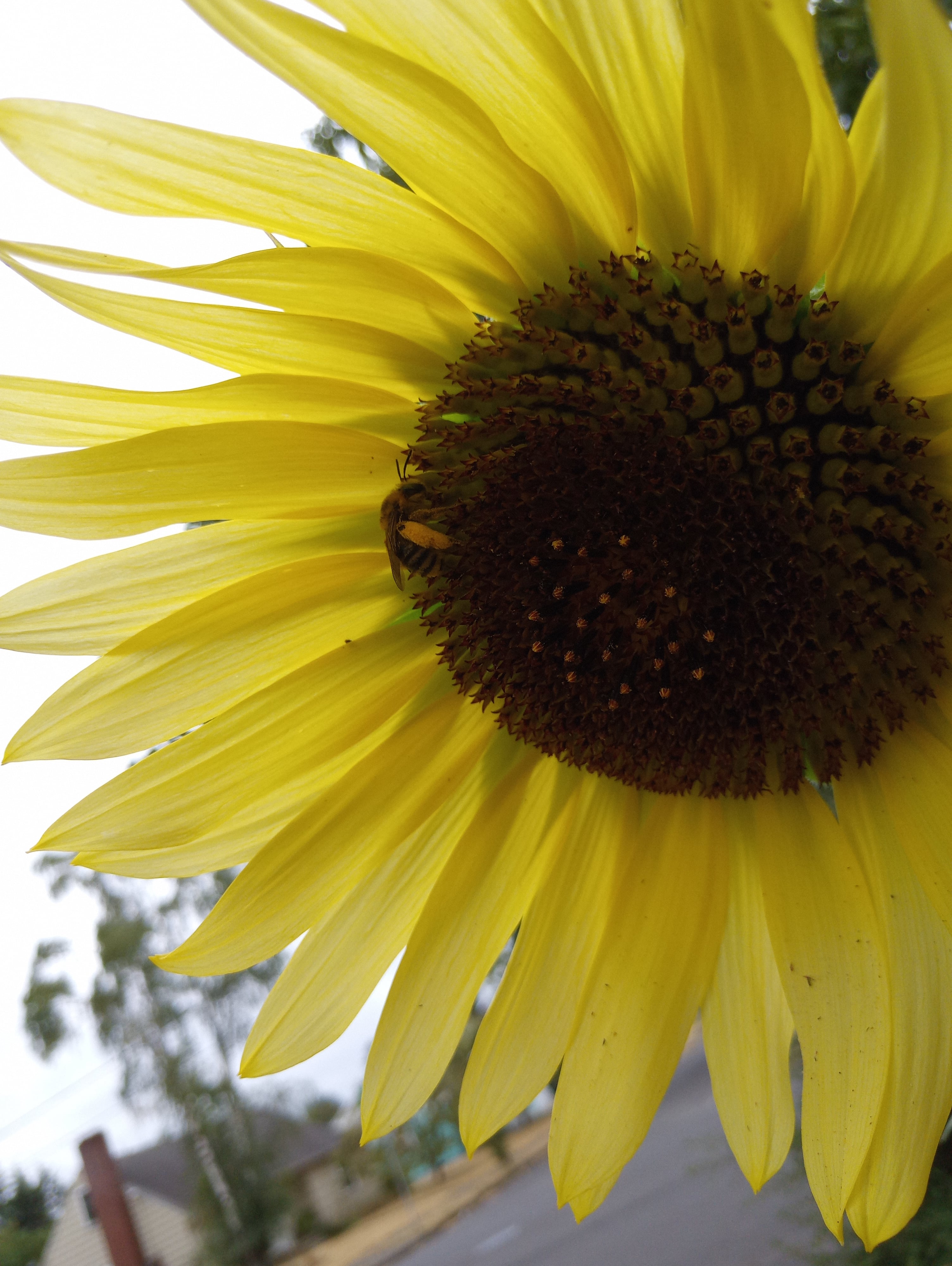
Partial SabbaticalI'm on partial sabbatical this year as I work two other jobs to pay for some things I've been wanting to address. I am still offering walks through the Parks Department Lifelong Learning problem for folks over 55 starting in June.
I'm also available for working with two different clients in Listen and Feel emotional capacity coaching this summer if you're looking to focus on the body's resources when anxiety or other difficult emotions are arising.
If you're looking for a retreat, I recommend visiting the Temenos Rising and Alderroot Healing and Renewal sites. They have an upcoming offering called Tending Your Inner Nest that I recommend.
| Copyright © 2019-2024, Finding Mindful Now LLC, All rights reserved. www.findingmindfunow.com, originally published on MailerLite with information on current offerings. Some images or content lightly revised since initial publishing. |
